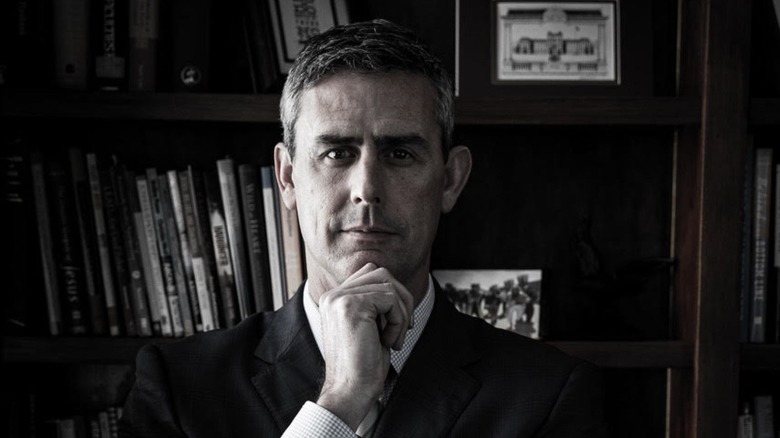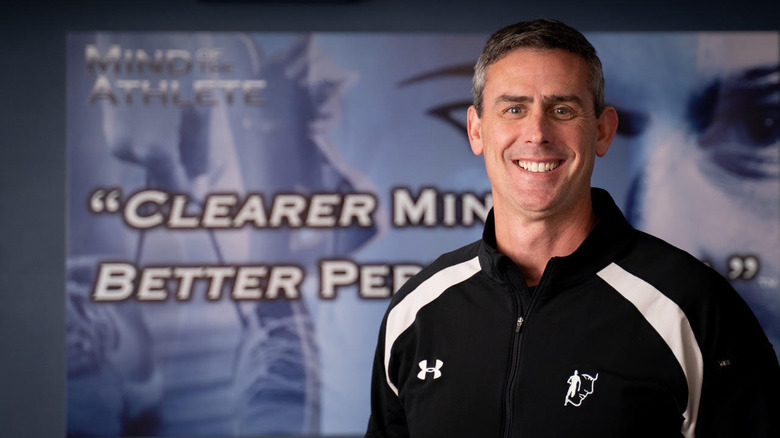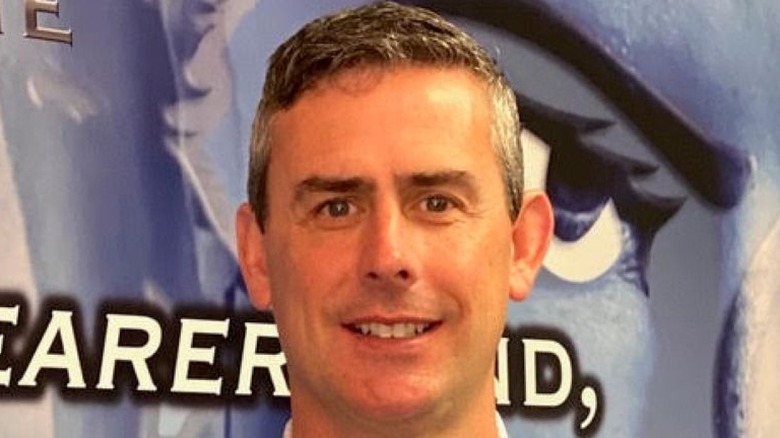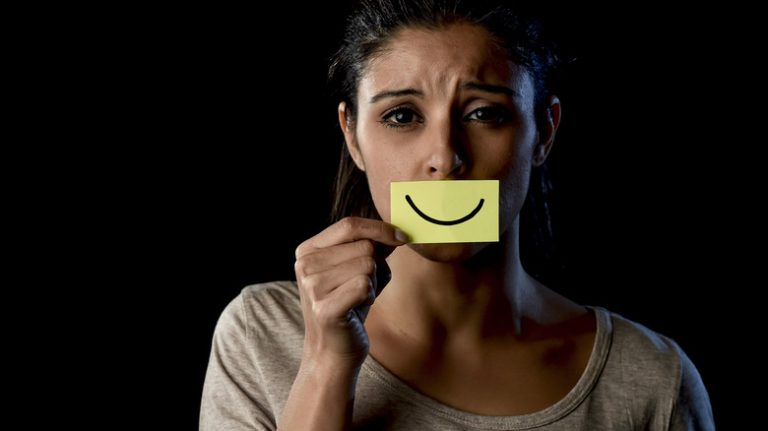Dr. Jarrod Spencer, a sports psychologist and mental health advocate, works with some of the most elite athletes around the world. Thus, it’s no surprise he’s developed important perspectives about their mental health throughout his career. And perhaps one of the most notable modern-day impacts comes through our handheld devices.
Dr. Spencer’s found that fans have more influence over the mental health of elite athletes than ever before due largely to social media. Now, heckling isn’t just limited to the times in which players hit the field during sporting events. Social media has given fans a direct access point to athletes on a 24/7 basis, exposing them to unlimited and often unfiltered opinions, criticisms, and commentary. Unfortunately, the health toll it can take on an athlete is not minor, in either the mental or physical aspect.
In an exclusive interview with Health Digest, Dr. Spencer discussed the changing relationship between athletes and fans and how emotional impacts can also lead to physical manifestations as well.
Athletes aren’t immune to emotional damage

Every time athletes log into social media, they’re flooded with comments and messages. Some of them are positive and supportive, but some are negative. And that negativity can add up over time.
“Just like a drop of water hitting a rock it doesn’t seem like a big deal, but after a lot of drops it starts to decline,” Dr. Spencer said. “At the end of the day, this is impacting the thoughts and the feelings of the athletes. And it is oftentimes happening in a way that’s even much more than they can bear.”
Dr. Spencer explained that most athletes aren’t given the tools to deal with the “pressure cooker” created by training hard, competing at an elite level, and living their lives in the public eye. When they’re unprepared, their negative thoughts and emotions can become so overwhelming that they’re actually harmful. This can lead to heartbreaking outcomes. If athletes become too overwhelmed without the right help and support, they may have a greater risk of self-harm or worse, suicide.
Other ways emotional harm can manifest into physical harm

Dr. Spencer stressed that the harm of these negative thoughts and feelings goes much further than mental health.
“Emotional stress manifests itself in physical symptoms,” Dr. Spencer explained. “And so anytime an athlete is sleep deprived, for example – maybe they have some insomnia due to some psychological stressors that they’re going through — we know that there’s an increased chance of injury.”
Dr. Spencer added that the time athletes spend on social media interacting with fans is often time taken away from sleep. “I mean the average person I’m talking to right now in the athletic world, unless they’re a real high, elite-level athlete, it’s about six hours a night of sleep and about six hours of social media a day. That’s crazy! And many young athletes I work with are actually logging more hours of social media than they are hours of sleep.”
He went on to say that sleep is the biggest factor in both physical and mental performance, so when sleep suffers, mental and physical health suffer as well.
If you or someone you know is struggling with mental health, please contact the Crisis Text Line by texting HOME to 741741, call the National Alliance on Mental Illness helpline at 1-800-950-NAMI (6264), or visit the National Institute of Mental Health website.
Find your local station listings and airtimes for “I’m Fine, (Not) Really” at imfinenotreally.com. You can also visit mondocares.com to keep up with current initiatives, and follow them on Instagram at @MondoSportUSA and @MondoCares, and on Twitter at @mondocares.








